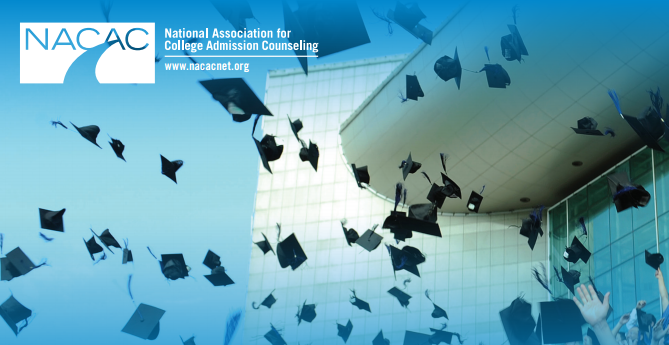Fourteen per cent of US high schools are actively recruiting international students, according to a report by the National Association of College Admissions Counselling, with the majority of those using private education agencies to bring in their international cohort.
News and business analysis for Professionals in International Education
Have some pie!
Agents most effective for inbound int’l students to US high schools
 Fourteen per cent of US high schools are actively recruiting international students, according to NACAC. Photo: SOCA report, NACAC
Fourteen per cent of US high schools are actively recruiting international students, according to NACAC. Photo: SOCA report, NACAC The report, entitled “State of College Admission”, outlines that of the 14% of secondary schools actively recruiting international students, 71% of these use education agencies as a recruitment strategy, with the second most popular means of recruitment being recruitment fairs, used by 32%.
The US’ dominant market share of international students is diminishing – down from 22.8% in 2000 to 16.4% in 2012
Just over a quarter of the institutions surveyed also have partnerships set up with overseas high schools.
Visa restrictions at public schools also mean private schools are more likely to have an international cohort.
Eddie West, director of international initiatives at NACAC, told The PIE News the survey shows schools are using education agents because their international profiles aren’t very prominent.
“Few US high schools are well known overseas,” he said. “Some may feel they need help raising their visibility in other countries. Also, many are inexperienced in promoting themselves beyond US borders.”

Fourteen per cent of US high schools actively recruit international students, with an agency the most popular way to do so. Graph: NACAC
IIE’s Open Doors research cited in this report shows that 65% of international students attended public institutions at university level.
However, secondary education itself shows that more high school students head to private schools.
NACAC found that 78% of private school counsellors indicated there are international students enrolled at their institution, compared with 45% of counsellors at public schools.
Nodding to the visa rules which explain this, West said, “Limiting students to no more than 12 months of studies on an F-1 visa at a public secondary school is of course a significant constraint.”
Also included in the report were the effects inbound and outbound students are having on US school counsellors and academic professionals.
NACAC discovered in a previous study that over three-quarters of high school counsellors felt unprepared in advising international students about financial aid opportunities for college.
In addition, 79% of high schools counsellors said they felt either “not at all prepared” or only “slightly prepared” to provide US students with information about degrees abroad.
West says they are working alongside the British Council in order to further inform counsellors. “As American counsellors learn more about degree study options abroad, they’ll be better able to empower students to pursue their interest in studying outside the US,” he said.
He added that in terms of the inbound market, more focus is needed on the underlying quality of the educational experiences as well as the support services, to better compete globally.
The US’ dominant market share of international students is diminishing – down from 22.8% in 2000 to 16.4% in 2012.
“As other countries invest more in marketing and promotions, US schools shouldn’t lose sight of what makes so many of them so attractive in the first place,” noted West.
Still looking? Find by category:



7 Responses to Agents most effective for inbound int’l students to US high schools